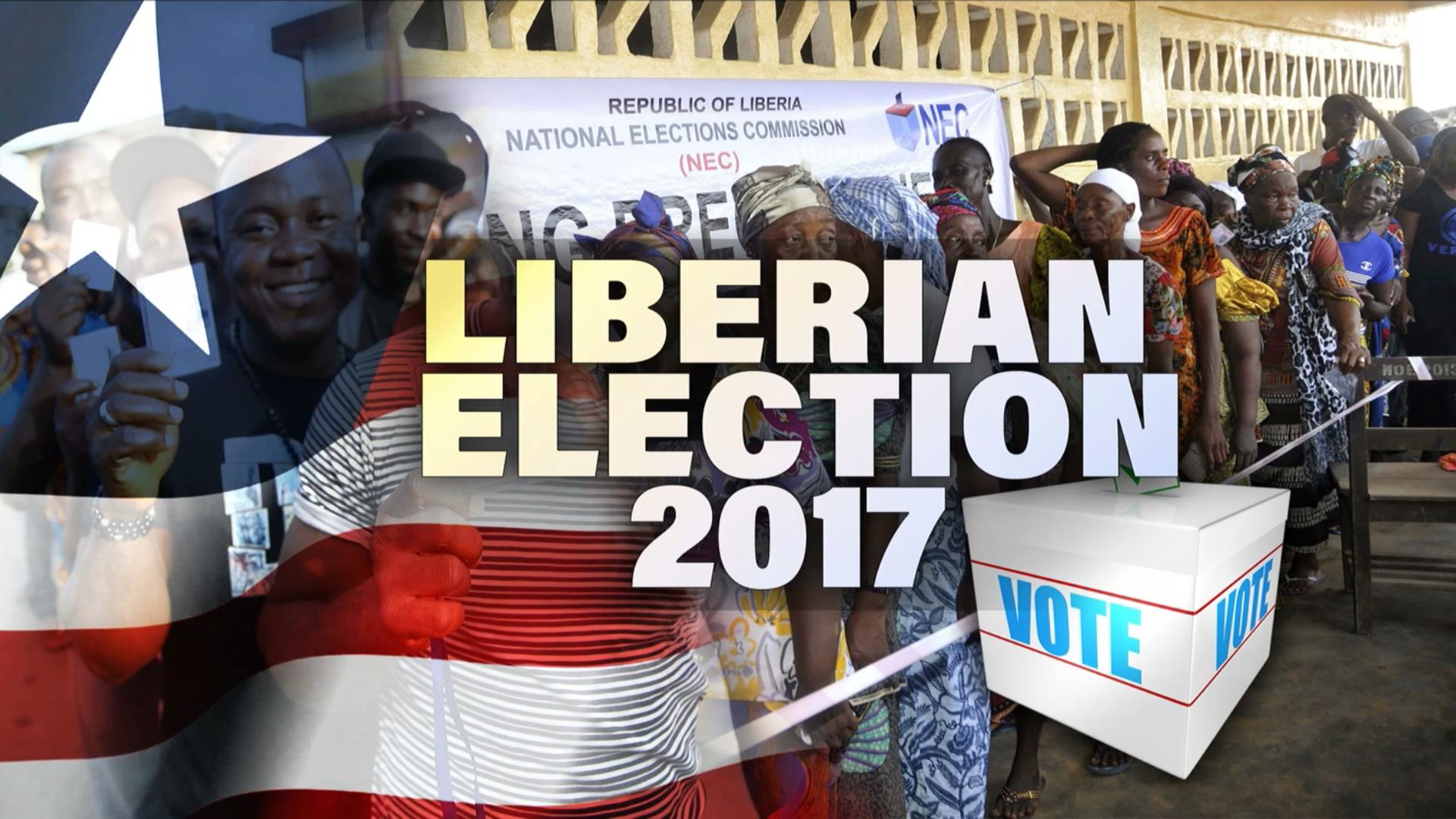
Talk Africa: Liberia presidential election

Liberia’s run-off presidential elections initially slated for November 7th have now been brought to an indefinite halt following a ruling in Monrovia by the country’s Supreme court.
First round poll results conducted on October 10th saw former soccer star George Weah lead with 38% followed by incumbent Vice President Joseph Boakai with 28%.
None of the two however attained the 50%+1 required to secure a direct victory, hence necessitating a run-off.
Third placed Liberty Party contender Charles Brumskine who garnered 9% in October however threw a spanner in the works by filing a petition at Liberia’s highest court, alleging electoral fraud and irregularities.
The Supreme court has since instructed Liberia’s National Elections Commission to investigate claims raised by Mr. Brumskine, before a re-run poll.
No timelines have been set however, setting the stage for political uncertainty in Africa’s oldest republic.
The African Union and regional body ECOWAS have swung in in recent weeks to attempt to quell the political tension and have prevailed upon the country’s politicians to work with the NEC in bringing the matter to a close.
Liberia’s 4.6 million people remain pensive on a fresh election date, which they hope will usher in an era of progress in employment, infrastructure,energy and the fight against corruption; all key concerns raised in the campaign period.
But as Liberia makes efforts to see through a peaceful democratic transition, the first in 70 years, how will the 2017 elections impact on Liberia’s future development? And with a complicated electoral impasse how soon will the West African nation move beyond its current political crisis?






